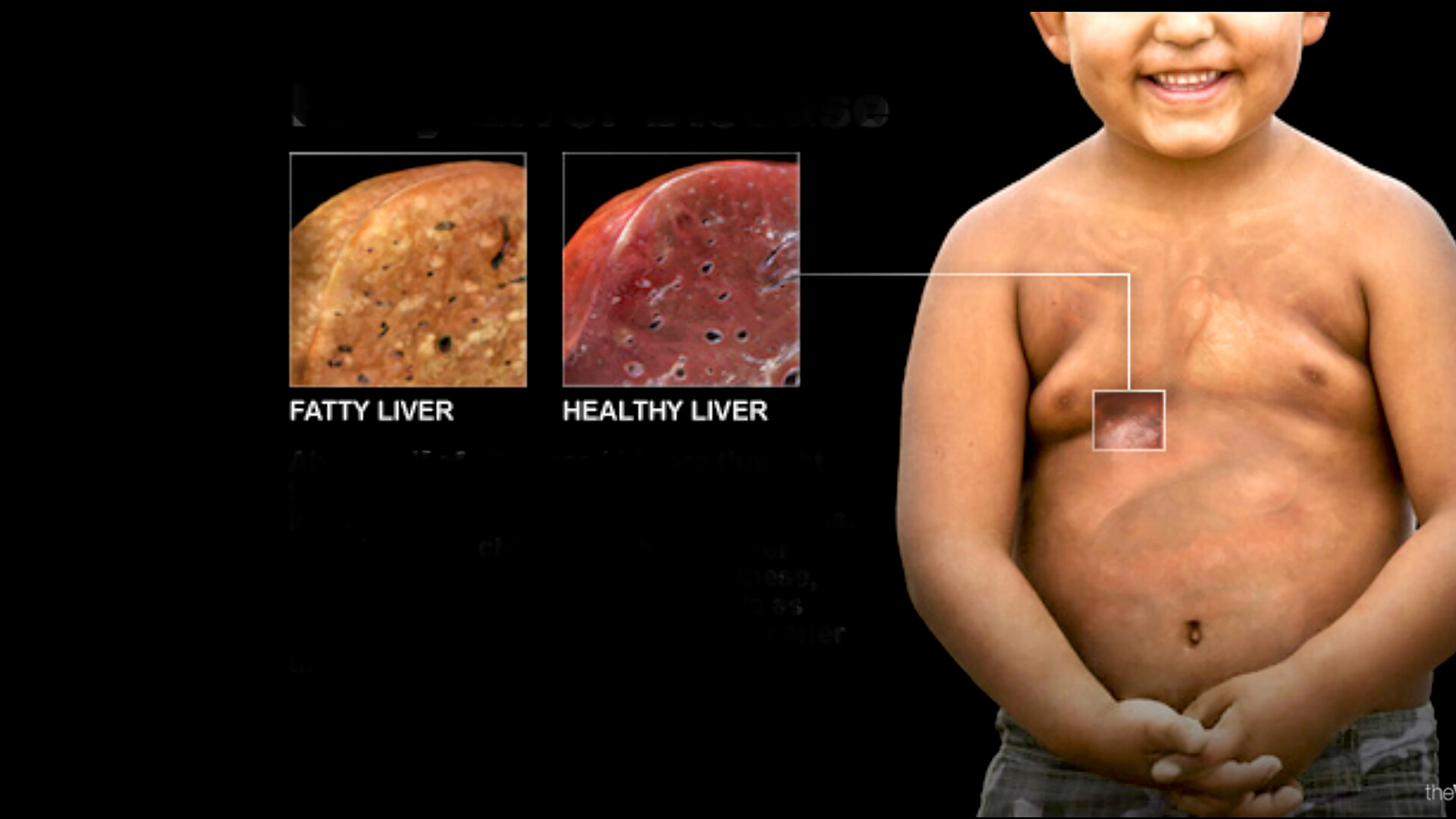Understanding Depression and Its Impact
Depression is a serious mental health condition that affects millions of individuals globally. It can manifest in various forms, including persistent sadness, loss of interest in daily activities, fatigue, and feelings of worthlessness. Effective treatment and self-management strategies are essential to combat depression and promote mental well-being. In this article, we will outline practical steps individuals can take to address depressive symptoms and improve overall mental health.
Developing a Structured Daily Routine

One of the key strategies in managing depression is creating a structured daily routine. A predictable routine helps reduce uncertainty and brings a sense of stability.
Benefits of a Structured Routine
- Reduces Anxiety: Knowing what to expect reduces uncertainty.
- Promotes Consistency: Encourages regular sleep, meals, and exercise.
- Improves Productivity: Helps maintain focus on tasks.
- Encourages Self-Care: Ensures time for rest and enjoyable activities.
We recommend including a balance of work, physical activity, relaxation, and social interactions in your daily schedule. Even minor tasks, such as making the bed or preparing a meal, can contribute to a sense of accomplishment.
Prioritizing Physical Activity for Mental Health
Regular physical activity has been proven to alleviate depressive symptoms. Exercise releases endorphins—natural mood boosters—and reduces stress hormones like cortisol.
Best Types of Exercise for Mental Wellness
- Aerobic Exercise: Activities such as running, swimming, or cycling improve cardiovascular health and elevate mood.
- Strength Training: Weightlifting or bodyweight exercises enhance both physical strength and mental resilience.
- Mind-Body Practices: Yoga, Tai Chi, and Pilates incorporate mindfulness, which helps reduce anxiety and depression.
Tips for Better Sleep Hygiene
- Consistent Sleep Schedule: Go to bed and wake up at the same time daily.
- Limit Screen Time: Reduce exposure to blue light from devices an hour before bed.
- Relaxation Techniques: Engage in deep breathing, meditation, or reading to unwind.
- Create a Comfortable Sleep Environment: Ensure a dark, quiet, and cool room.
Quality sleep supports cognitive function, emotional balance, and overall well-being.
Key Nutrients for Mental Health
- Omega-3 Fatty Acids: Found in fish, walnuts, and flaxseeds, they help reduce inflammation and improve brain function.
- B Vitamins: Essential for energy production and neurotransmitter synthesis. Sources include leafy greens, eggs, and whole grains.
- Magnesium: Supports relaxation and mood stability. Found in nuts, seeds, and dark chocolate.
Avoid processed foods, excessive sugar, and alcohol, as these can worsen depressive symptoms.
Practicing Mindfulness and Meditation
Mindfulness practices involve staying present and aware without judgment. Meditation, a core aspect of mindfulness, has been shown to reduce stress, anxiety, and depression.
Simple Mindfulness Techniques
- Breathing Exercises: Focus on deep, slow breaths to calm the nervous system.
- Body Scan: Progressively relax each part of your body.
- Guided Meditation Apps: Tools like Headspace or Calm offer structured practices.
Integrating 10-20 minutes of mindfulness daily can enhance emotional balance and mental clarity.
Building a Support Network
Social support is a vital component of mental wellness. Connecting with friends, family, or support groups can alleviate feelings of isolation.
Ways to Strengthen Your Support System
- Regular Check-Ins: Schedule weekly calls or meet-ups with loved ones.
- Join Support Groups: Many communities offer in-person or online groups for people managing depression.
- Seek Professional Help: Therapists, counselors, and mental health professionals provide tailored support.
Talking about your struggles can reduce the burden and help you gain new perspectives.
Engaging in Enjoyable Activities
Hobbies and creative pursuits can provide a sense of joy and purpose. Whether it’s painting, writing, gardening, or playing music, engaging in pleasurable activities reduces stress and enhances life satisfaction.
Benefits of Hobbies
- Distraction from Negative Thoughts: Keeps the mind occupied.
- Boosts Self-Esteem: Achieving small goals builds confidence.
- Fosters Creativity: Encourages problem-solving and expression.
Make time for activities that bring genuine enjoyment and relaxation.
Seeking Professional Treatment Options
While self-help strategies are beneficial, professional treatment is essential for severe or persistent depression.
Therapeutic Approaches
- Cognitive Behavioral Therapy (CBT): Helps identify and change negative thought patterns.
- Medication: Antidepressants prescribed by psychiatrists can balance brain chemicals.
- Psychotherapy: Talking therapies provide space to explore underlying issues.
Early intervention and personalized treatment plans offer the best outcomes. Know more: https://timesofindia.indiatimes.com/life-style/health-fitness/health-news/walk-your-way-to-happiness-know-the-magic-number-of-steps-to-lower-depression-risk/articleshow/116403454.cms
Conclusion: A Holistic Approach to Mental Wellness
Managing depression requires a comprehensive approach that includes physical activity, proper sleep, nutrition, mindfulness, social support, and professional care. By incorporating these strategies into daily life, individuals can improve their mental well-being and build resilience against depressive episodes. Remember, recovery is a journey, and seeking help is a sign of strength, not weakness.



 By
By

















